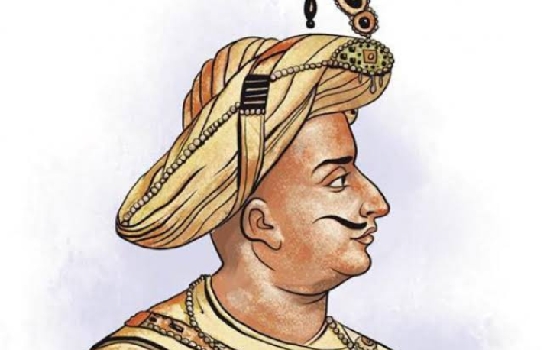Abu Dhabi: Bearys Welfare Forum (BWF), a premier social organization in the UAE respected for its philanthropic and charitable works, organized an ‘Iftar’ get-together at the India Social and Cultural Centre, on Friday, 25th May-2018. Nearly 700 NRI brethren from Abu Dhabi, Dubai, Sharjah and Fujairah amidst prominent personalities from all walks and fields of life attended.
Padmashree Dr. B R Shetty, Chairman , NMC Health care Group, HE Rajamurga,Councellor,Embassy of Indai,Ramesh Panicker, President ISC, Jayaram Rai ,VP-ISC,Fakruddin Bhat, Adia, Asif Bhai, Akram Bhai, Altaf Bhai, Suhail Kudroli, Althaf Ahmed, Salem Baiji,RafeekAhmed of Sahebaan Abu Dhabi, Ravi Rai,NMC, Salahuddin Sir ,Principal, Indian School and Sundar Shetty of Abu Dhabi Karnataka Sangha, Tufail Mohammed of National Newspaper, Noel of KNRI Forum, and Hanif Arimoole of KIC and many other dignitaries were present.
Rafeeq Krishnapur, Vice President welcomed and compered the program. The program began with the recitation of the Holy Quran by MoideenHanzeland Kannada translation was done by V.K.Rasheed.
A highly informative religious speech in Urdu was delivered by MoulaviSaheerHudavi, a famous orator and commander in religious matters. After breaking of the fast and the evening prayers, a short program was held. All the dignitaries exchanged the Ramadan compliments and wishes.
President Mohammed Ali Uchil welcomed the community members and the prominent guests and expressed his gratitude for accepting the invitation and for joining them for the Iftar get-together. Mohamed Ali Uchil presented the charitable causes initiated by BWF, which were successfully conducted in Mangalore, and appealed for generous help from members to conduct them successfully in future too. He also thanked all those who donated toward the various causes which helped many under-privileged people live a dignified life in society. He especially expressed his gratitude to the chief guests and other donors for their constant support from the inception of BWF.
He announced the BWF- Master project “BWF Mass Marriage” which will be held on Januray-2019 at Mangalore, and would arrange around 25 girls to be wed locked on the occasion.
He thanked BWF- Executive Committee Members for their hard work, dedication and effort in organizing this function and making it a success. “It is an incredible achievement for BWF, which has managed to accomplish so many tasks to its utmost goal set. God willing all of its projects will be a complete success.”
Abdulla Madumoole, General Secretary, BWF- put forward the charitable causes initiated by BWF, which were successfully conducted in Mangalore, especially mass marriages of 102girls from the needy poor families and appealed for generous help from members to conduct them successfully. He also thanked all those who donated toward various causes which have helped many under-privileged people to live a dignified life in society. He highlighted BWF's projects like distribution of wheel chairs, and emphasized on the BWF pilot project – Shouchalaya, a unique project, through which BWF constructed 150 toilets in various parts of the twin districts. BWF's plan is to construct another 100 toilets for the poor in society irrespective of caste and religion in the various parts of the twin districts.
Padmashree Dr B R Shetty conveyed Ramadan wishes to all and praised BWF for arranging the huge gathering of community members and for its charitable work. He addressed the gathering offering them guidance assuring full support for all BWF charity projects.
Siddik Uchil, Coordinator of BWF delivered the vote of thanks. The programme was coordinated by Imran Ahmed, Coordinator, BWF,Mohamed Siddik (Kaup- Treasurer BWF), along with Abdul Majeed A G Mohd.Kallapu Abdul Rauf, VicePresident BWF,Basheer Bajpe,Advisor,BWF & Jaleel Gurupur. Hamza Khader and Hameeed Gurupur- general secretary, along with Mujeeb UCHIL, who took care of the floor management and managed the event with a professional touch. Nawaz Uchil, Haneef Ullal, Mohideen Handel, Majeed Athoor, Irfan Ahmed, Rasheed Bijai, Rasheed V K, Altaf Takreer, Basheer Uchil, Imbran along with other BWF youth volunteers were instrumental in the success of the program.



















































Comments
Beautiful interfaith gathering.thanks to BWF for given us beautiful Iftar and a opportunity to interact with a charming crowd
nice function, noble cause. keep it up bearys forum
Always make it a point to attend the BWF function.like every time it was super.May Allah bless them to fulfill their charity work-Ameen
Add new comment